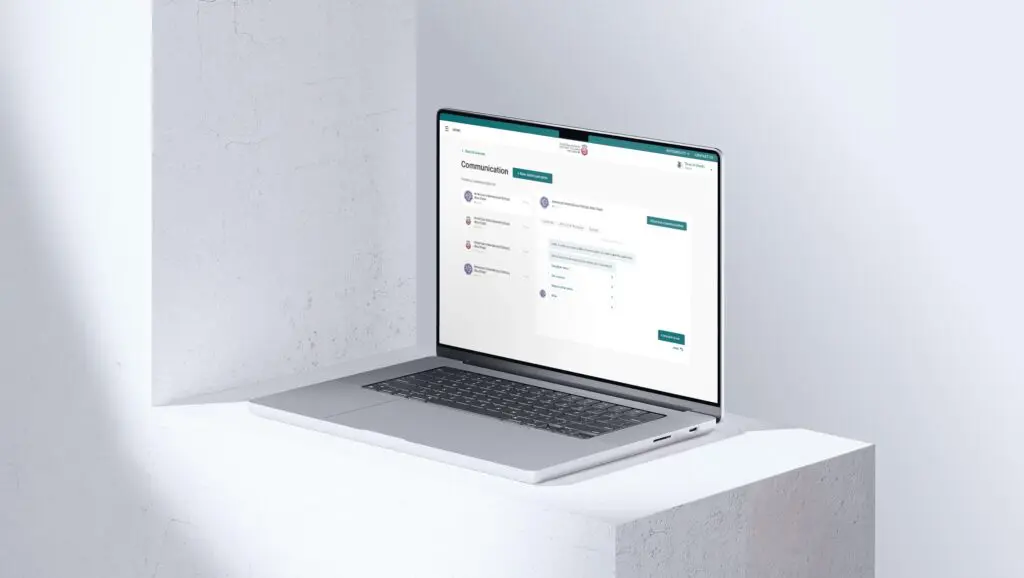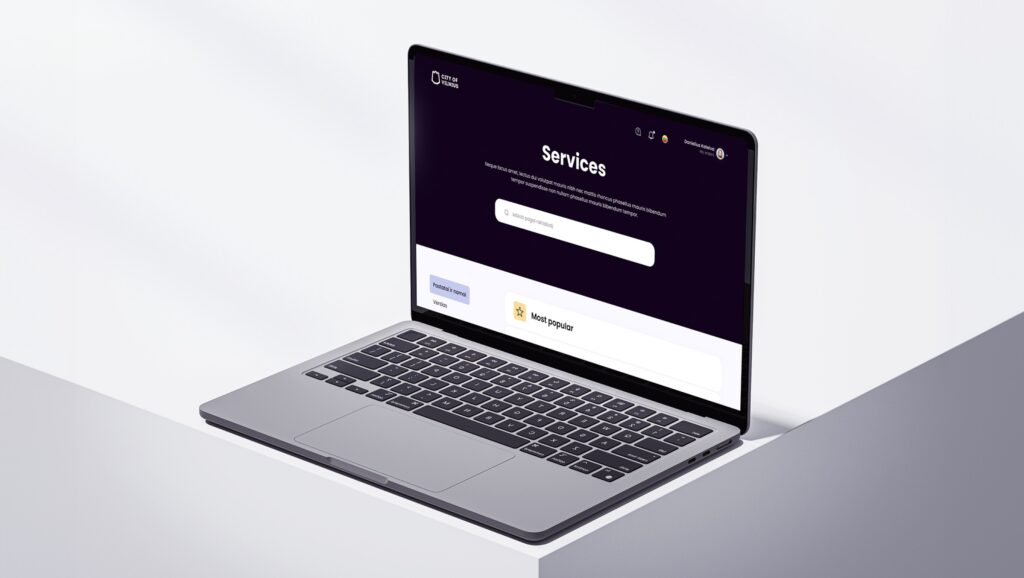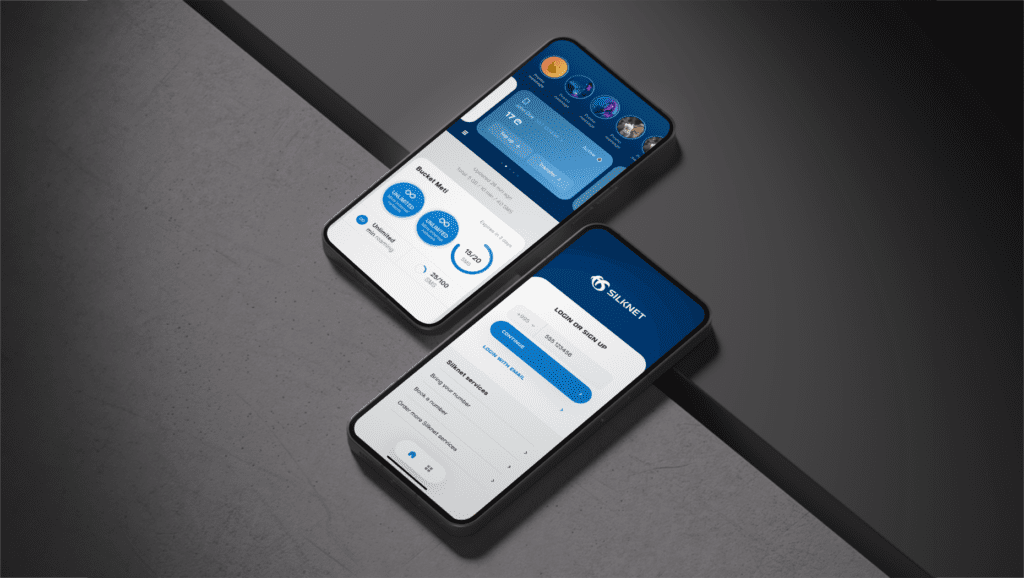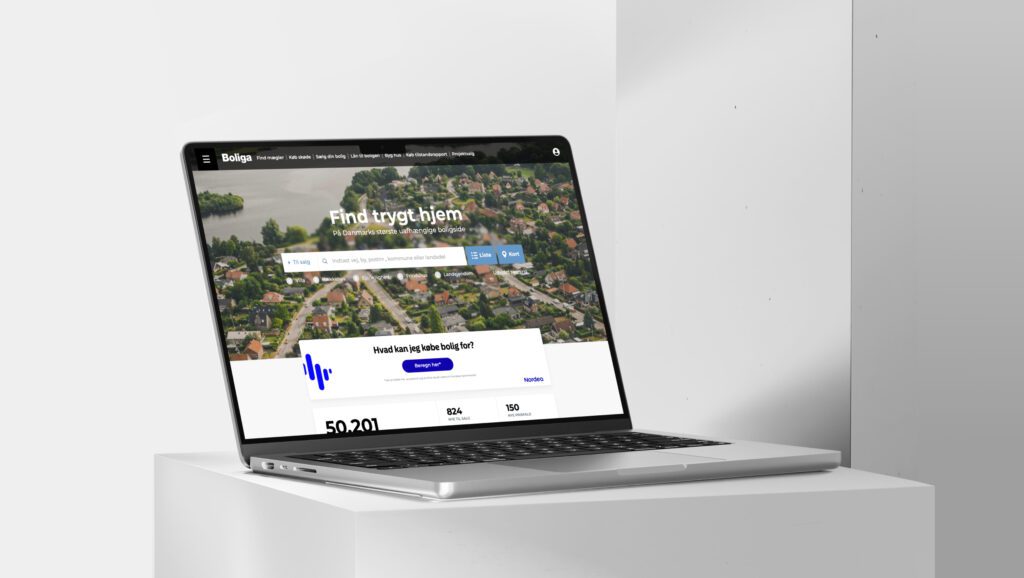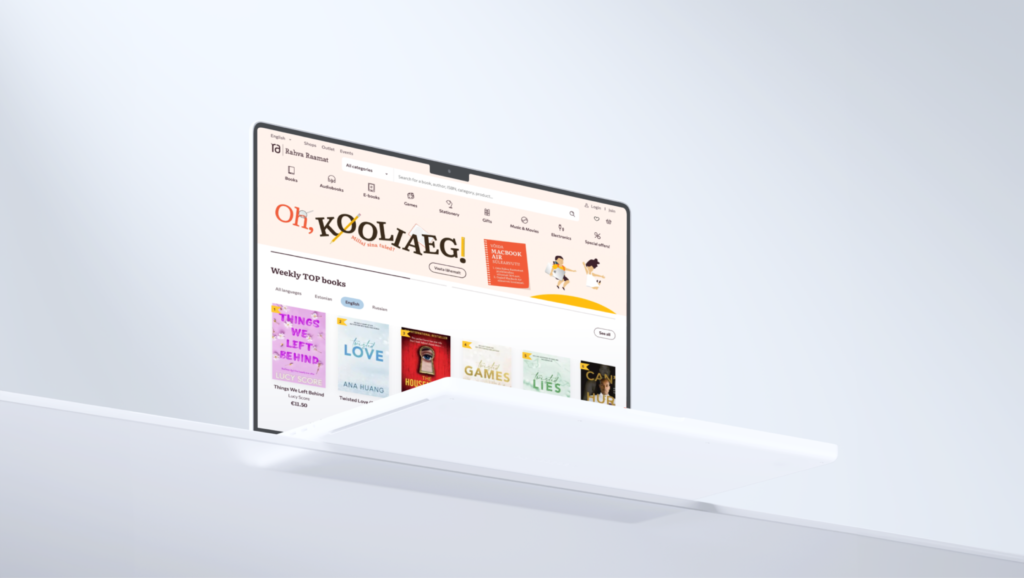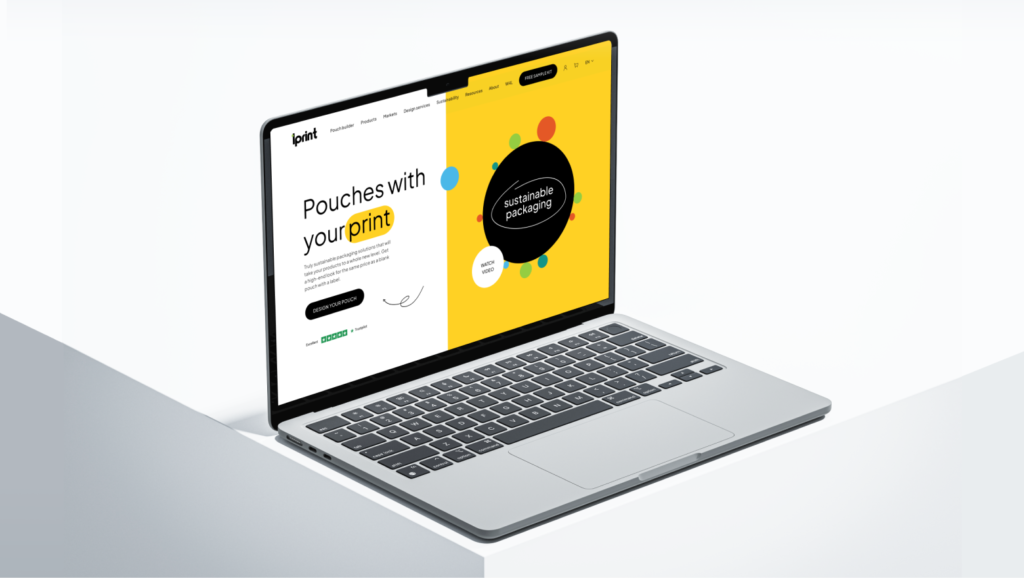EBRD — Digitalisation Toolkit for the Transport Sector
Client
European Bank for Reconstruction and Development (EBRD)The background:
As part of their funding process in the transport sector, EBRD focuses on capacity and infrastructure development. With the increasing importance of digital “smart” infrastructure, EBRD recognized a need to guide their clients in digitalisation. Despite their expertise in capacity and infrastructure development, EBRD lacked the necessary digital specialization to guide their clients effectively. To address this gap, EBRD sought a toolkit to streamline the assessment of the current digitalisation state of companies and assist in decision-making for digitalisation development and action plan preparation.
Aim of the project:
The project’s goal was to create a comprehensive digitalization toolkit for the transport sector. The toolkit includes:
- Compendium: A collection of fiches detailing technologies in the transport sector, implementation requirements, and case studies.
- Assessment Tool: An Excel-based self-assessment tool to help companies gauge their digital maturity and receive technology recommendations. It identifies five levels of digital maturity and suggests technologies based on strategic priorities.
- Roadmap Guide: A guide for creating digitalization roadmaps and action plans, offering tips for successful implementation.
- Brochure: A detailed description of the toolkit for new users.

Significance: This toolkit equips clients with the necessary tools to guide the digitalization of their transport infrastructure, aligning with the evolving digital landscape. It helps clients understand the digitization process and technologies, improving communication with international financial organizations and aiding in funding requests.
Services provided:
- Developed digitalisation roadmaps for transport subsectors, including both national and municipal infrastructure.
- Created an Excel-based self-assessment tool for clients to evaluate their digital maturity and generate action plans.
- Prepared a comprehensive digital compendium to familiarize clients with various technologies.
- Conducted pilot tests with real clients.
- Produced a detailed brochure describing the toolkit.
- Conducted workshops with the client to present results.
Project results:
- Successfully prepared assessment tools for 9 transport subsectors (Roads, Rail, Maritime, Aviation, Inland Waterways, Border Crossing, Urban Mobility-Public Transport, Urban Mobility-Streets and Public Spaces, Logistics).
- 3 pilots of the assessment tool were completed with real clients.
- 37 fiches were prepared, providing a thorough overview of relevant technologies.
- A comprehensive guide to preparing digital roadmaps was developed.
- Approximately 200 digitalisation case studies were included in the toolkit.



